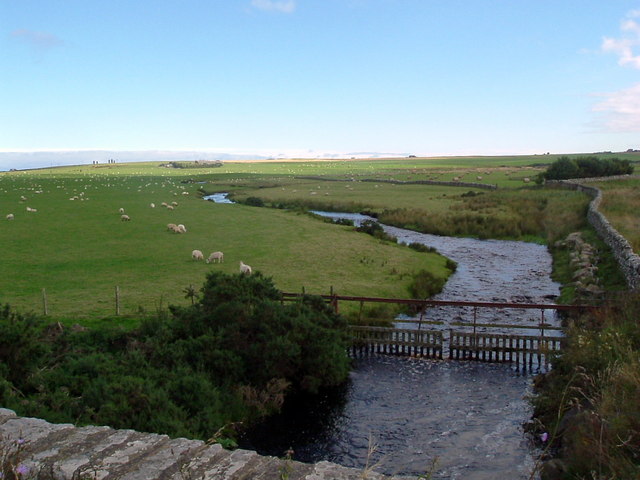
The release of the Land Reform Bill by the Scottish Government comes before it breaks for summer recess with the aim of widening land ownership across Scotland. Much time and consideration has been given by all sides impacted by the Bill to help shape it and bring it to this stage. Alexandra Docherty, Director of Tax at Johnston Carmichael, outlines the key elements of the proposal.
Nicola Sturgeon set out the land reform proposals following her appointment as Scotland's first minister in November 2014, the release of yesterday’s Bill contains the output on the proposals and is a watershed for the agricultural community, likely to impact everyone in the sector in one way or another.
The land reform includes a number of proposals that promises to redefine Scottish land ownership, from the establishment of a Scottish Land Commission under which communities will be given a right to buy land subject to meeting certain conditions, to a shake-up of the Agricultural Holdings legislation.
The proposals include the creation of a Scottish Land Commission, which is made up of five Land Commissioners and a Tenant Farming Commissioner. This will allow the Land Commissioners to oversee all matters relating to land in Scotland, and provide the Tenant Farming Commissioner with the power to oversee matters in respect of Agricultural holdings. This will include codes of practice and questions of law, and the function to collaborate with the Land Commissioners on agricultural and agricultural holdings matters.
The government has also set out plans to amend the Land Registration (Scotland) Act 2012 to enable information to be requested and subsequently registered on proprietors of land in order to increase transparency of land ownership in Scotland. It has been estimated that half of the privately-owned land in Scotland is controlled by 432 people.
As defined in the Bill, the introduction of a right to buy land will further sustainable development, which is subject to certain conditions being met. This can only be exercised by a community body or an individual that has been nominated by the community body to exercise the right to buy. Most land will be eligible for the right to buy, excluding amongst others, land on which there is a building or other structure which is someone’s home, croft land and land owned or occupied by the Crown.
A register of land for Sustainable Development is to be set up, and will set out details of the land which has been consented to be passed under the Right to Buy Sustainable Land provisions within the Bill. Consideration for the transfer of land or the assignation of a tenant’s interest in land, under the right to buy is to be ascertained by a valuer, which is to be appointed by the Scottish Ministers.
The proposals also provide land owners the opportunity to appeal to the sheriff against a decision by the Scottish Ministers to give consent to a right to buy land to further sustainable development. Furthermore provision is also set out within the Bill for landowners and/or tenants to appeal to the Lands Tribunal if they disagree with the valuations.
Shooting estates will also be effected by the Bill as tax relief will now be abolished for shooting and deer forests. Going forward the assessor will be required to enter the yearly value of any shootings and deer forests separately within the valuation roll. This is likely to impact significantly on many sporting estates.
There have also been proposed changes made to the 2003 Agricultural Holdings Act which includes the repeal of Limited Duration Tenancies. This is to be replaced by Modern limited duration tenancies (MLDT’s), which are tenancies with a term of not less than 10 years. The bill proposes to widen succession rights for 1991 Act Agricultural tenancies, together with the ability to convert 1991 Act Agricultural tenancies into Limited Duration Tenancies. Provisions have also been set out within the Bill on rent reviews, although more detail is still to be provided on this.
With the Scottish Parliament due to reconvene after the summer recess on 31 August 2015, much debate and lobbying will continue over the coming months as the Bill begins to make its way through Parliament.
